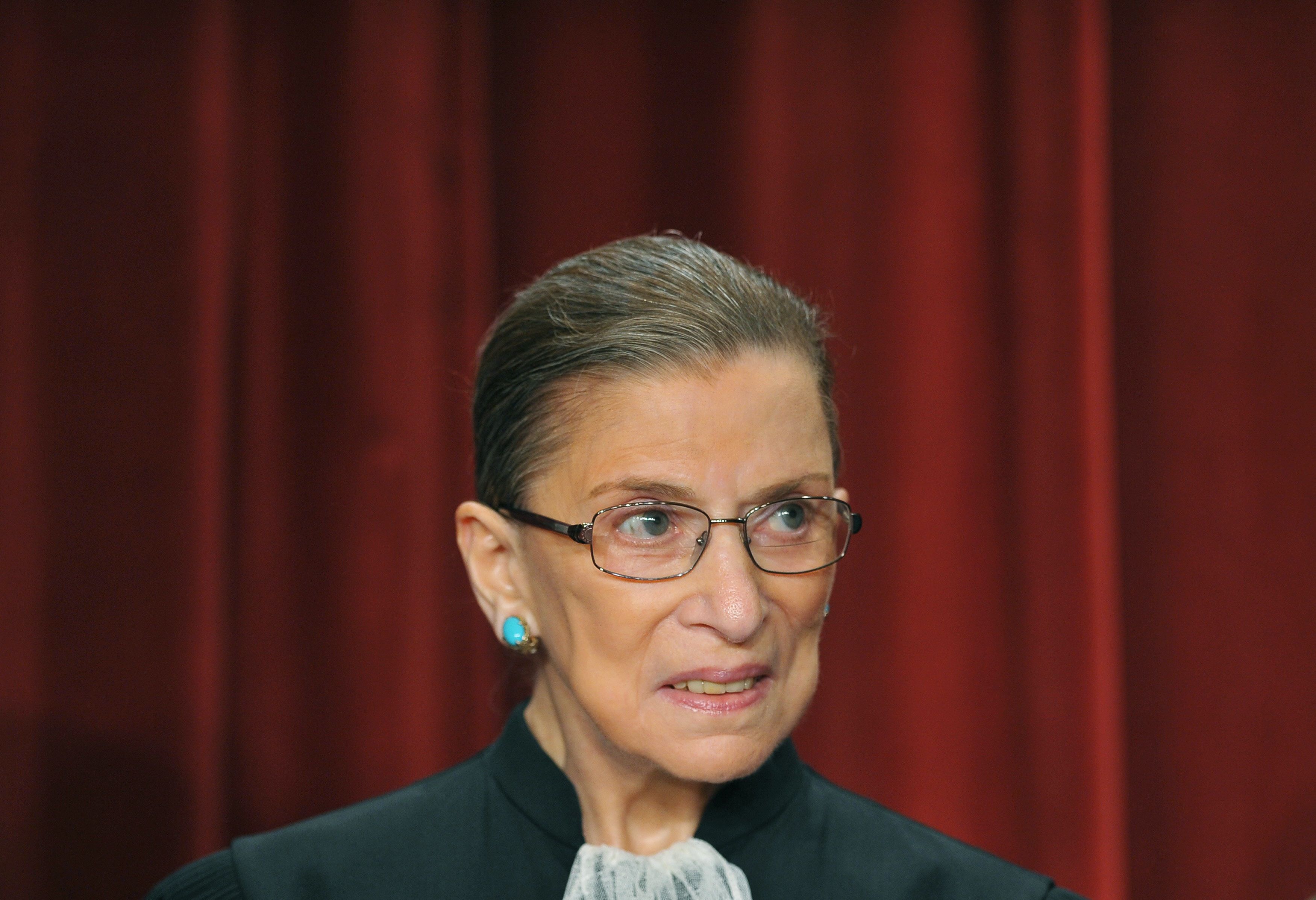For liberal Americans, the name Ruth Bader Ginsburg – known affectionately as RBG – is synonymous with everything in which they believe. At 85, she is one of the oldest judges on the Supreme Court of the United States and perhaps the most liberal of all nine of them. For comparison, it is generally acknowledged by most political commentators that there are four liberal judges (Ruth Bader Ginsburg, Sonia Sotomayor, Elena Kagan, and Stephen Breyer) and five conservative judges (Chief Justice John Roberts, Clarence Thomas, Neil Gorsuch, Brett Kavanaugh, and Samuel Alito).
Recently, Judge Ginsburg fell in her office and fractured three ribs, sending liberal America into hysterics. An outpouring of emotion wishing RBG well was seen within minutes across social media. The reason? Well, if the worst were to happen and Judge Ginsburg were to have to retire, or even die, Republican President Donald Trump would get to choose who replaces her. Since Donald Trump is a Republican, he is more than likely to choose a conservative judge to replace Ginsburg. It is worth bearing in mind that Trump has already chosen two new judges since his term started in February 2017. Both of these appointments were controversial, particularly the most recent appointment of Brett Kavanaugh in October.
But why are people so worried about Ginsburg in particular, given that there are three other liberal judges on the bench? Well, she has been on the Supreme Court bench for 25 years, having been sworn into office in 1993 during the presidency of Bill Clinton. Previous to her appointment to the Supreme Court, she served on the Washington D.C. Court of Appeals, the second-highest court in the US, for 13 years. This dedication to public court service is unrivaled across the entire bench. Without a doubt, Ginsburg has the most experience of any judge on the Supreme Court. Liberals can, therefore, count their lucky stars that she is of their opinion.
Ginsburg has also been the author of incredibly important judgments that the court has reached. Traditionally, one judge will write the opinion of the majority and one judge will write the opinion of the opposition (known as the dissenting opinion). For example, in United States v. Virginia (1996), Ginsburg wrote the opinion that ultimately declared Virginia Military Institute’s all-male admission policy unconstitutional, arguing that gender-exclusive admissions policies violated the Fourteenth Amendment which protects equal rights. There are now no colleges or university in the United States that discriminate based on gender, thanks in part to Ginsburg’s forceful opinion.
But not all of America is wishing Judge Ginsburg well. There are the occasional wishes that she would die so Trump can pick another conservative judge (although these are mostly confined to the social media pages of right-wing news outlets such as Fox News). Conservative America would love nothing more than for Donald Trump to get to pick another Supreme Court judge. Since judges are appointed to the court for life, and Trump has already picked two, a third would shift the balance of the court in favour of conservatives for at least a generation, if not longer.
It is clear that, as with most things in the United States, opinion about the Supreme Court is more divided than it has been in a long time. Right-wing Americans are baying to see another judicial appointment from President Trump, and Justice Ginsburg’s old age and recent fall have flamed their passion. For liberals, everyone is praying that Ginsburg recovers and is able to continue her work on the court until the next Democratic president gets to choose who the next Supreme Court judges are. But how long it will be until a Democrat is sat in the Oval Office, we just don’t know.
Jack Walker
Main Image: Getty Images.

